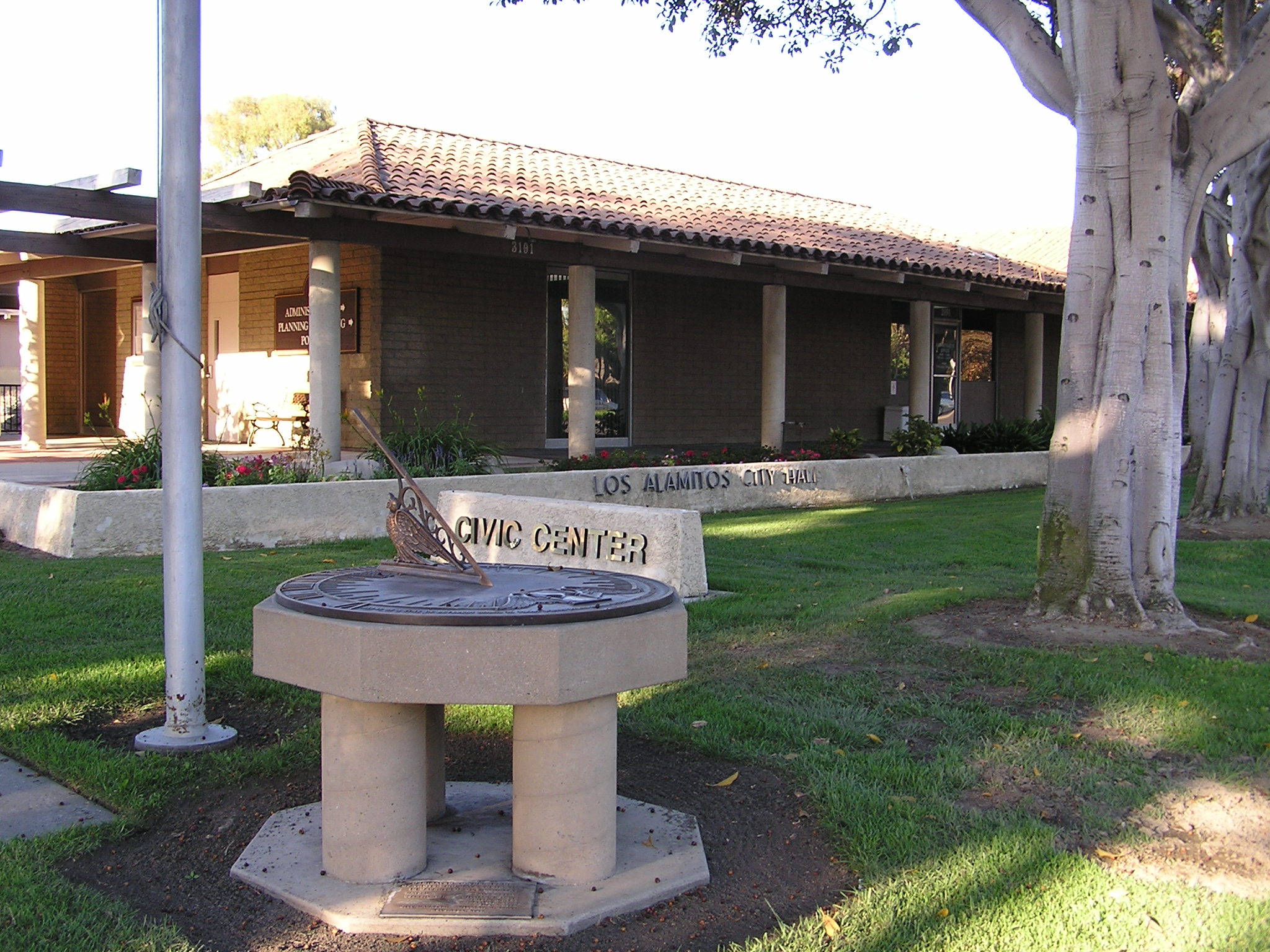
(Photo: Mark Ralston/AFP/Getty Images)
California state officials are prepared for a looming legal showdown with a growing number of city governments defying the state’s so-called sanctuary law, state officials said this week. All the while, their opponents in local government traveled to Washington, D.C., for friendly meetings with President Donald Trump.
“In this country, everyone has the right to express themselves,” California Attorney General Xavier Becerra tells Pacific Standard. “However, the best place for us to figure out how to best move forward on this matter, whether we agree or disagree, is in federal court. The Values Act is fully legal—it does not conflict with federal law, and it works in concert with federal law.”
The Values Act refers to SB-54, California’s “sanctuary” law enacted this year that prohibits state and local authorities from assisting federal immigration enforcement. In March, the city council for Los Alamitos, a small municipality located in Southern California’s Orange County, became the first to formally challenge the Values Act by approving an ordinance exempting the city from the act. The federal government sued California over its protections for undocumented immigrants in early March, alleging that it obstructed federal immigration enforcement.
A number of local governments followed Los Alamitos’ lead. Later in March, Orange County’s board of supervisors voted to join a pending federal lawsuit against the Values Act. Then, in April, another Orange County city, Huntington Beach, filed a separate lawsuit against the act. Most recently, at a city council meeting last week, Santa Clarita became the first city in Los Angeles County to oppose the Values Act and file a brief in favor of the Trump administration’s lawsuit.
The city officials opposing California’s sanctuary law say there’s more at stake than simply supporting Trump’s immigration policy.
“This immigration debate, for us, has really been about upholding the checks and balances of federal, state, and local government,” Los Alamitos Mayor Troy Edgar tells Pacific Standard. “We aren’t going to tolerate the state jumping in the middle. And especially [with] something that we feel is so important, working with [Immigration and Customs Enforcement] and the federal government on immigration issues should be something that is at our discretion. It’s our taxpayer money and it’s our police force.”

(Photo: Wikimedia Commons)
Edgar believes the state government is overstepping its jurisdiction by preventing federal and local immigration enforcement cooperations. Sanctuary state proponents maintain that immigration enforcement is a matter of federal jurisdiction and that state and local governments should not involve themselves in it, whether it be to assist or impede it.
Edgar is set to meet with Trump, Attorney General Jeff Sessions, and other administration officials at the White House on Wednesday. “The president wanted to get our perspective of all of the activity that’s been going on in California as it pertains to the sanctuary law. And along with our perspective of what’s going on, talk about areas that we might be able to help out each other, specifically for us as we’re getting sued by the [American Civil Liberties Union].”
The ACLU, together with other immigrant rights groups, sued Los Alamitos last month after it finalized its decision to oppose the Values Act. Shortly thereafter, Edgar launched a GoFundMe campaign to generate funds to help offset the costs of what he anticipates will be a momentous legal battle. The campaign had received almost $23,000 by late Tuesday from over 300 donors, many of whom Edgar says are from out of state. (The ACLU did not immediately respond to a request for comment.)
Following the existing legal challenges to both the sanctuary law and the opposing cities’ response, local governments like Los Alamitos may soon find themselves going head to head with the California government in court, analysts say.

(Photo: Courtesy of Edgar for Assembly)
“The state attorney general can seek to enforce California’s laws through a lawsuit,” says Jean Reisz, a law professor at the University of Southern California. “If California did sue an individual city, I believe a city such as Los Alamitos would raise the defense that the law was unconstitutional or violated federal law. I think the state attorney general might elect to wait for the outcome of the federal lawsuit against California before beginning other lawsuits that are going to be dealing with the same or similar issues in an effort to conserve judicial resources.”
In the event of such a lawsuit, Reisz believes California has the sounder legal argument. “I think that the California legislation will be found not to violate federal law. There may be some things on the periphery of these laws that might be pre-empted by federal law such as the state’s access to the personal records of an individual in immigration detention, for example, but overall the California laws were drafted in a way so as not to conflict with federal law,” she says.
Reisz adds that California’s law does not prevent federal immigration enforcement, it only precludes state and local authorities from supporting it with their resources. At stake is a more holistic view of the federal government’s relationship to local authorities, she says. “The job of local law enforcement is not to enforce immigration laws and the constitution does not require the state to police and enforce federal immigration objectives,” she says. “It is analogous to requiring a signed search warrant before allowing police to enter your house and search it. You are not breaking the law if you require a warrant, you are simply asking that the police do their job and get a warrant first.”
Standing with the ACLU, immigrant rights advocates echo Reisz’s observation that it is the responsibility of the state to determine whether it cooperates with federal authorities.
“We as a state have discretion over the use of state resources to enforce federal law and it is inconceivable that the federal government would so brashly try to circumvent states’ rights,” says Reshma Shamasunder, the vice president of program strategy at the Los Angeles branch of the Asian Americans Advancing Justice advocacy group.

As Becerra suggests, the courts will determine whether it is indeed in the state government’s jurisdiction to block local law enforcements from cooperating with ICE. In 2012, California filed a brief in Supreme Court case Arizona v. United States that challenged an Arizona law allowing local police to cooperate with immigration enforcement. In that brief, California challenged the Arizona law, arguing that any state involvement in federal immigration enforcement—even in support of that enforcement—is an encroachment on a matter of federal jurisdiction. The court ruled that Arizona had interfered by helping the federal government’s immigration enforcement efforts.
While all parties await decisions in the several pending lawsuits over California’s sanctuary law, Los Alamitos’ Edgar says he’s pushing for more cities to join the ranks of local governments opposing the California Values Act. Los Alamitos, he reminds, is just one relatively small Southern California city.
“There will become a point where I’ll have to determine as the mayor how far can we push this,” he says. “How much can we actually afford to be a part of this historic legal battle, ’cause our taxpayers, we need to be fair to them. They’re the ones paying for this.”





